Mr. DTĐ (56 years old, Ho Chi Minh City) has end-stage right kidney cancer, high risk of death, and is being treated by doctors at Binh Dan Hospital.
On February 19, specialist doctor Nguyen Phuc Nguyen (Head of Oncology Department, Binh Dan Hospital) said that through assessment, patient D.'s tumor was very large, occupying almost all of the right kidney parenchyma, invading the liver parenchyma, and the cancer had metastasized to the lungs. Surgery at this time could not achieve the goal of radical cure. Therefore, the patient was treated according to a regimen combining targeted therapy and immunotherapy with the goal of reducing the size of the tumor, increasing the possibility of primary tumor resection and controlling metastatic nodules.
"Kidney cancer does not respond to conventional chemotherapy. Fortunately, the current regimen of combining targeted therapy and immunotherapy, applied at Binh Dan Hospital since 2023, has brought very positive treatment results for kidney cancer patients," said Dr. Nguyen.
After 4 months, Mr. D's kidney tumor had significantly reduced in size. Through the results of MSCT scans with chest and abdomen contrast followed every 3 months, the doctors found that the tumor diameter had decreased from nearly 12 cm to 8 cm and then 7 cm. In addition, the lesions in the lungs and some lesions in neighboring organs of the kidney had completely disappeared. At this time, the patient was advised to have surgery to completely remove the tumor. With the coordination between doctors of the Oncology Department and the Urology Department at Binh Dan Hospital, Mr. D's kidney tumor was completely removed by surgery.

Patient during a follow-up visit with the doctor
New therapy helps reduce tumor size
Dr. Pham Phu Phat (Head of Urology Department A, Binh Dan Hospital) said that patient D.'s kidney tumor had shrunk by almost half compared to before treatment with targeted immunotherapy, and the lung metastases had also disappeared. If we only looked at the imaging right before surgery without knowing the patient's medical history, we could assess this as a tumor in stage T1 (early stage kidney cancer), and could even consider partial resection to preserve kidney function.
Thanks to the combined treatment regimen, Mr. D.'s disease was "downstaged" from late-stage cancer to early-stage cancer, creating favorable conditions for surgery. During the nearly 4-hour surgery, the patient did not require a blood transfusion and recovered quickly afterwards. Mr. D. had the drainage tube removed on the 3rd day and was discharged on the 5th postoperative day.
Notably, during the nearly 2-year treatment, the patient did not experience any significant side effects. Mr. D. said that he only had peeling skin, which was cured by applying moisturizer. He did not lose hair, had mouth ulcers, or had restlessness or insomnia. The patient ate well, and continued to exercise and live a normal life.
According to Dr. Nguyen, the combination of targeted drugs and immunotherapy in the treatment of kidney cancer has a high disease control rate of up to nearly 90%. Therefore, patients often eat well, sleep well and even gain weight during treatment.
Early detection and prevention of kidney cancer
To detect and prevent kidney cancer early, Dr. Nguyen recommends that people with high risk factors for kidney tumors should have a health screening at least once a year.
- People with a family history of kidney cancer.
- People with genetic syndromes associated with kidney cancer such as Von Hippel-Lindau disease, Birt-Hogg-Dubé syndrome, hereditary papillary renal cell carcinoma.
- People with end-stage renal disease or long-term dialysis.
- People who have been diagnosed with kidney cancer or certain types of cancer such as bladder cancer, especially smokers.
- People with long-term exposure to toxins such as trichloroethylene or cadmium, heavy smokers.
- People with blood in the urine, persistent lower back pain, unexplained weight loss, fatigue, anemia, or a palpable mass in the abdomen.
For those at high risk, screening may include abdominal ultrasound, abdominal CT or MRI if indicated, urine tests to look for blood cells or foreign cells, and genetic testing if there is a family history of kidney cancer.
Source: https://thanhnien.vn/bac-si-dung-lieu-phap-dieu-tri-moi-cuu-benh-nhan-ung-thu-than-giai-doan-cuoi-18525021916301311.htm








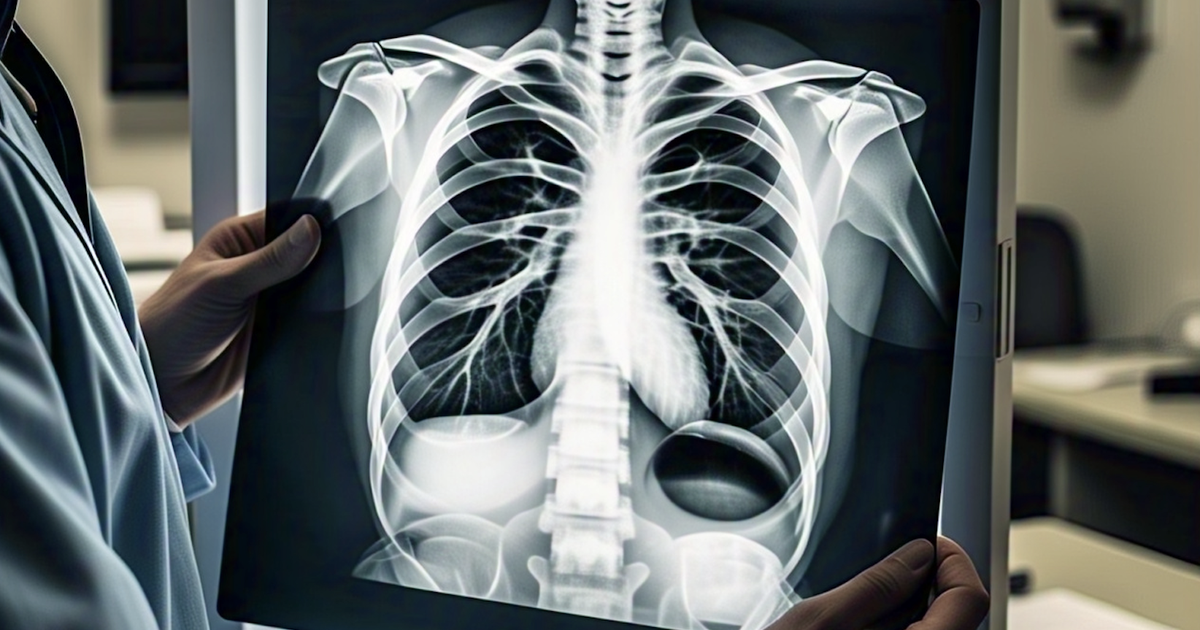

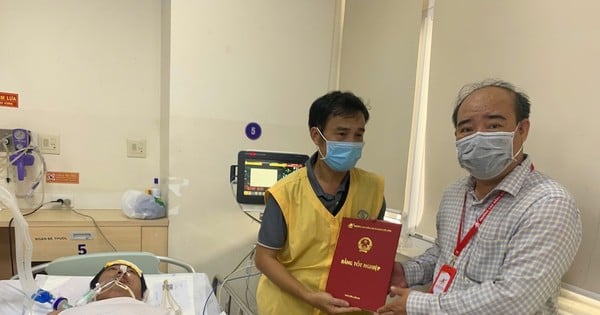

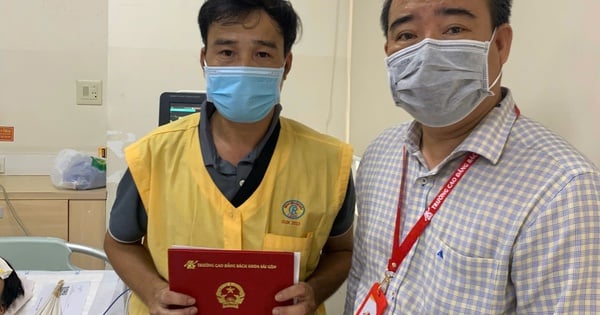

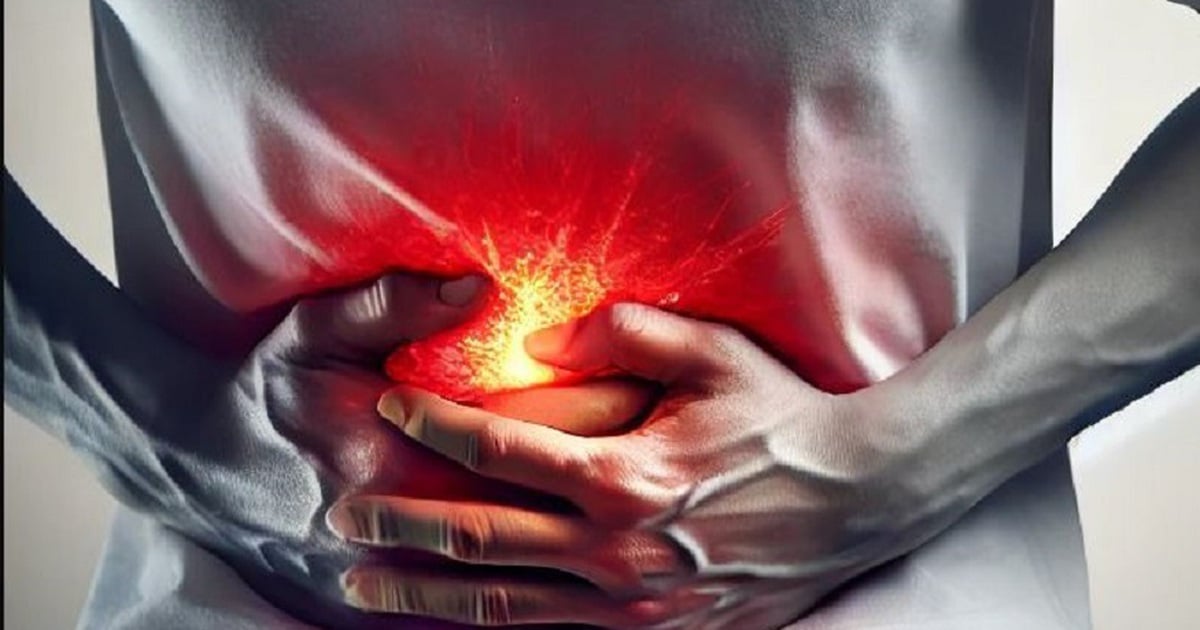



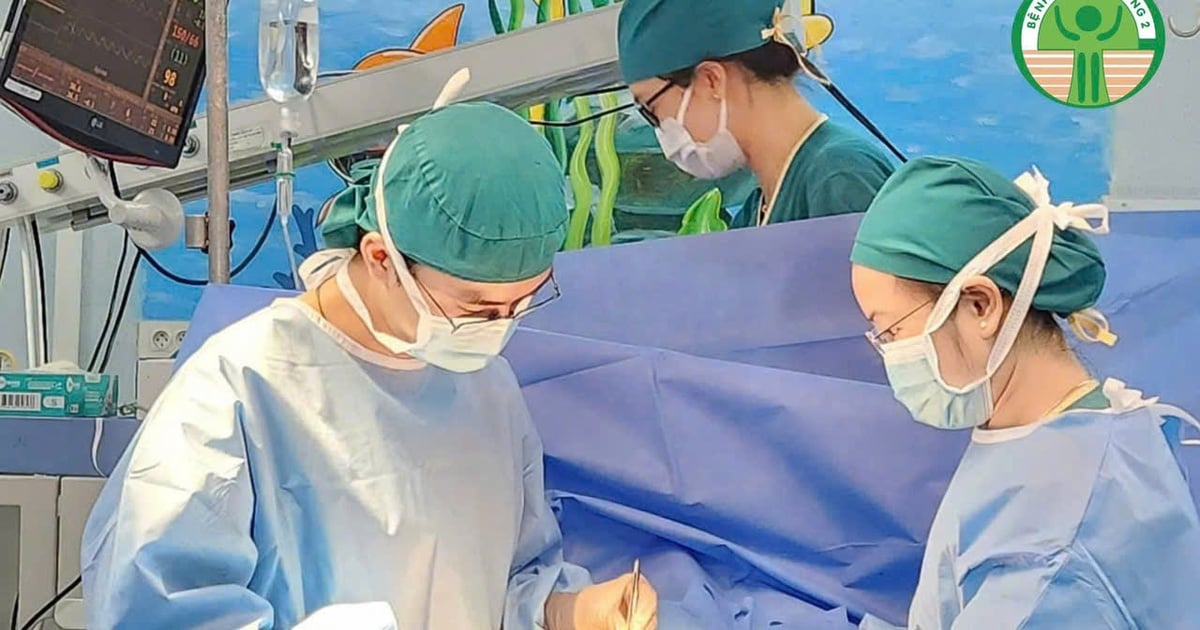




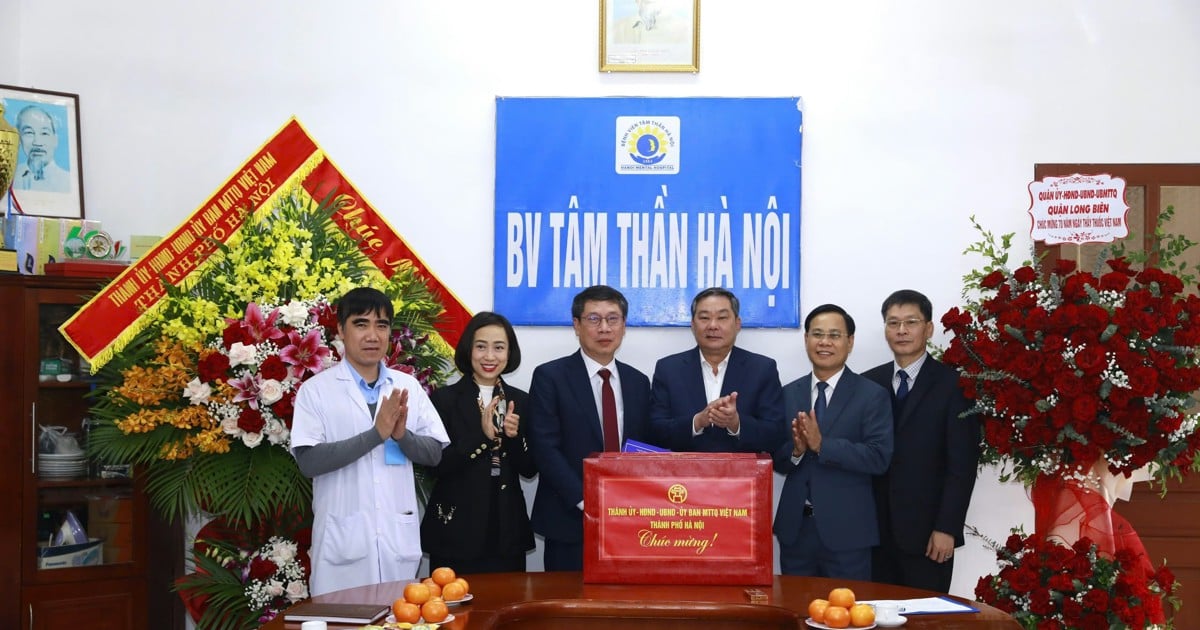







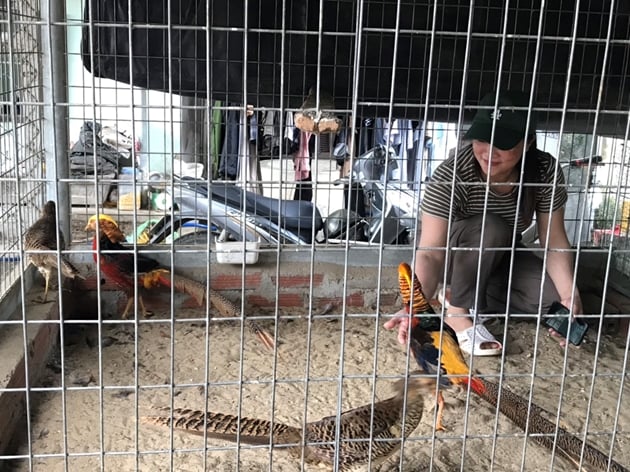









Comment (0)